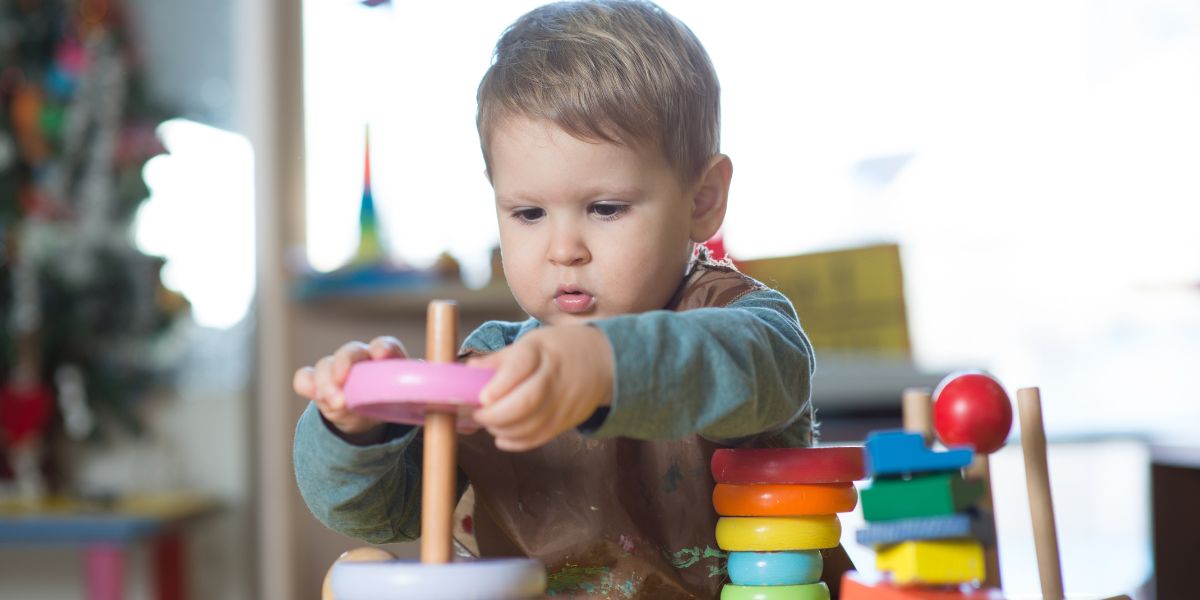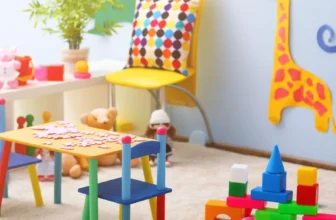
To integrate Montessori methods into your everyday routines, consider the impact of creating an environment that nurtures independence and curiosity in your child. By incorporating elements that encourage self-directed learning and critical thinking, you can empower them to develop essential skills in a supportive setting. Stay tuned to discover practical strategies that seamlessly blend Montessori principles into your daily interactions, fostering a holistic approach to your child's growth and development.
Benefits of Montessori Principles
When implementing Montessori principles, you'll notice a significant improvement in your child's independence and critical thinking skills. By encouraging self-directed learning and hands-on activities, Montessori education fosters a sense of autonomy in children. Your child will develop the ability to make choices independently, which enhances decision-making skills from an early age. Through practical tasks like pouring, sorting, and arranging materials, your child's cognitive abilities are sharpened as they learn to think critically and solve problems creatively.
Montessori principles also emphasize a holistic approach to education, focusing on the child's overall development rather than just academic achievements. This method nurtures your child's natural curiosity and instills a lifelong love for learning. By promoting individualized learning experiences, Montessori education recognizes and caters to your child's unique strengths and interests, fostering a deep sense of self-confidence and motivation to explore the world around them.
Incorporating Montessori principles into your child's daily routine won't only enhance their academic skills but also nurture essential life skills such as independence, creativity, and critical thinking.
Creating a Montessori-Friendly Environment
To establish a conducive Montessori-friendly environment, prioritize organizing materials and creating designated spaces for different activities. By keeping materials accessible and in order, you allow for easy exploration and independence for your child. Use low shelves or baskets to store toys and learning materials, making it simple for your child to select what they want to work with. Labeling shelves or bins with pictures or words can help children identify where items belong, fostering a sense of responsibility for maintaining their environment.
Designated spaces for various activities are essential in a Montessori-friendly environment. Create a reading nook with a cozy chair and bookshelf, a table for art projects with supplies within reach, and a quiet area for concentration and reflection. Having specific areas for different activities helps children understand the purpose of each space and encourages them to engage in activities independently.
Implementing Montessori Routines Daily
Consistently integrating Montessori routines into your daily schedule fosters a sense of structure and independence for your child. Start by establishing a predictable daily routine that includes activities like setting the table for meals, watering plants, or organizing toys. Encourage your child to participate in these tasks, allowing them to develop practical life skills and a sense of responsibility.
Incorporate Montessori principles by creating designated spaces for your child's belongings, making it easier for them to independently select and return items. Utilize child-sized furniture and tools to promote autonomy and encourage self-sufficiency. Offer choices within limits, such as selecting between two activities or deciding when to complete a task, empowering your child to make decisions within a structured environment.
Consistent implementation of Montessori routines establishes a foundation for your child's independence and self-discipline. By integrating these practices into your daily schedule, you're nurturing your child's development and fostering a lifelong love for learning.
Nurturing Independence and Curiosity
Encouraging your child's independence and curiosity through Montessori methods can be achieved by fostering a learning environment that values self-directed exploration and self-reliance. Provide your child with opportunities to make choices and take responsibility for their actions. Encourage them to participate in daily tasks such as setting the table, dressing themselves, or helping with simple chores. This fosters a sense of independence and self-reliance.
Create an environment that sparks curiosity by offering a variety of hands-on learning materials and experiences. Allow your child to explore their interests at their own pace and follow their natural inclination to learn. Offer open-ended questions to stimulate their curiosity and encourage them to ask questions about the world around them.




